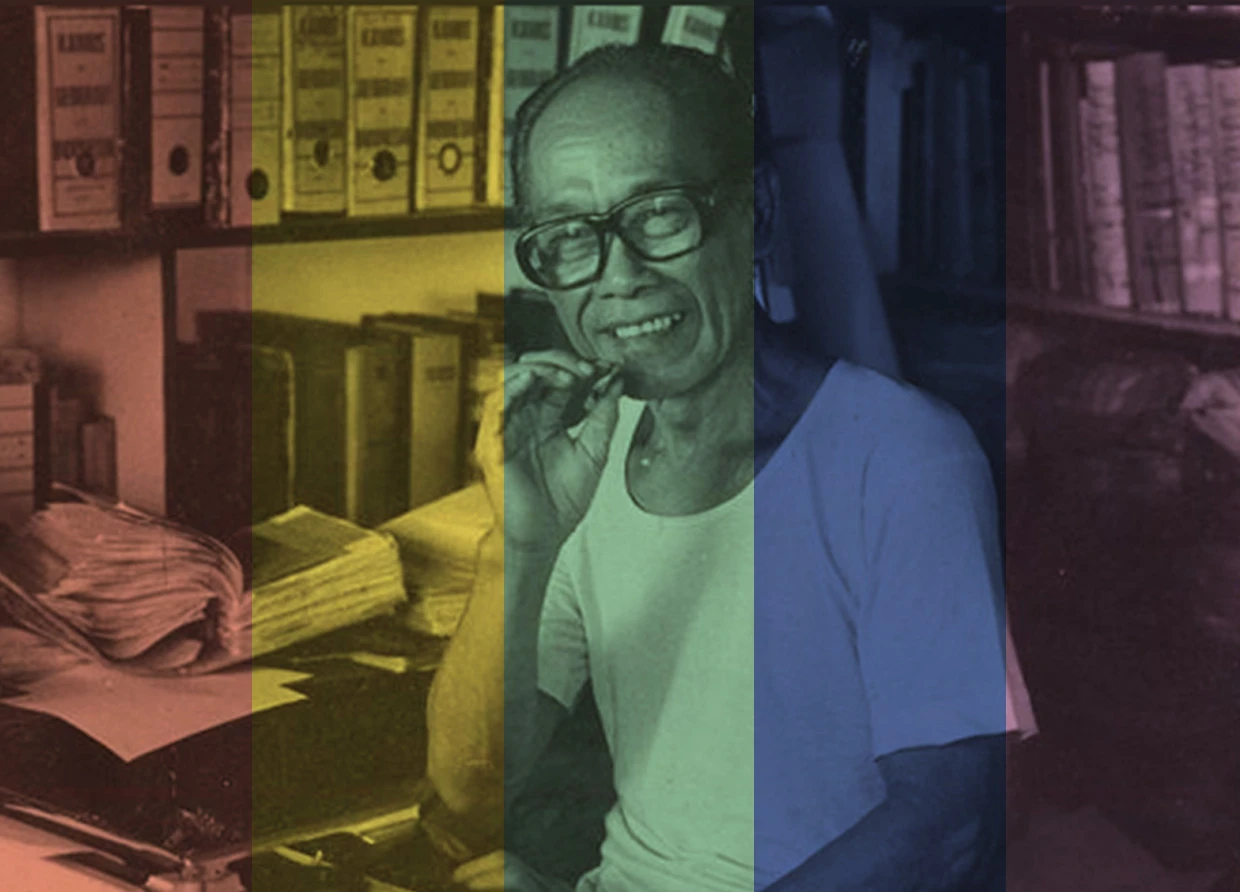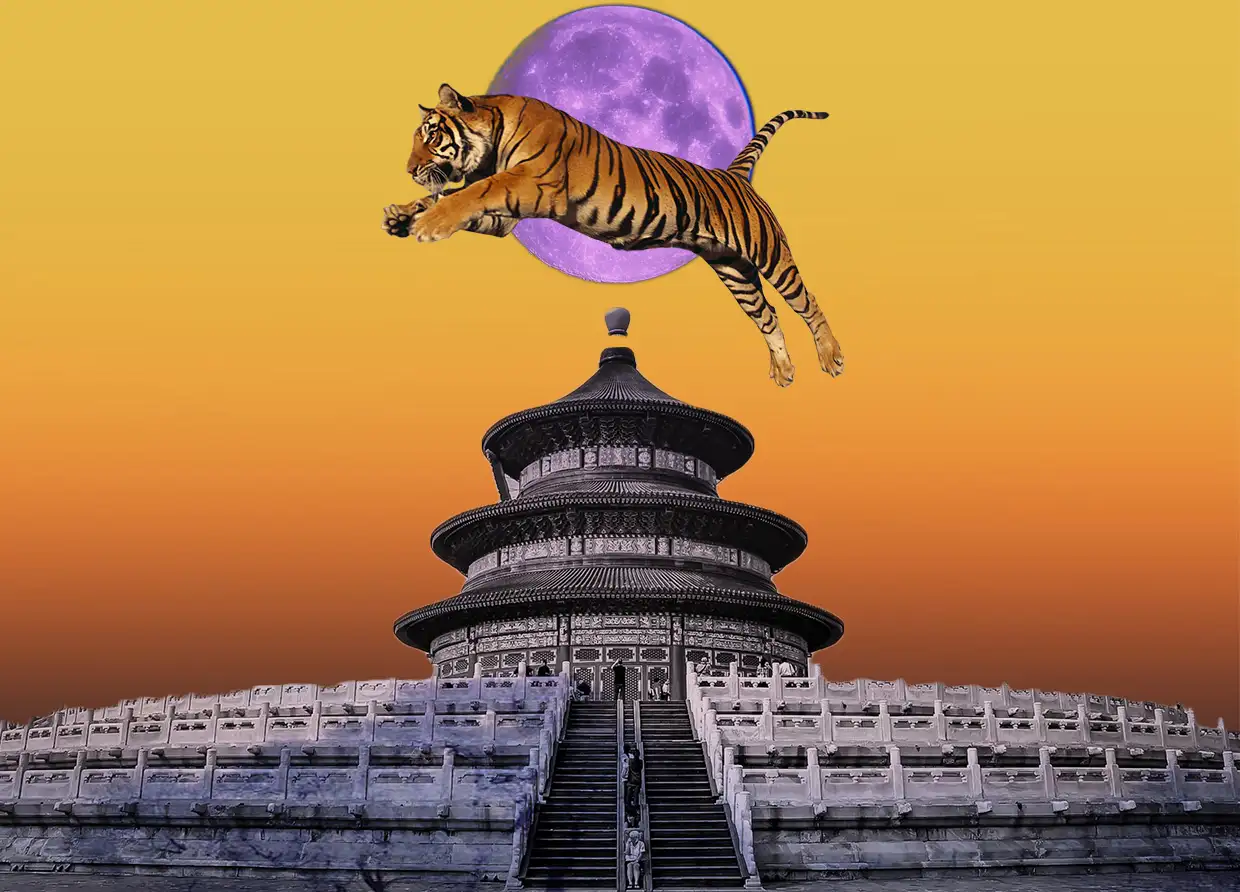EKA KURNIAWAN AND THE SOCIALIST REALIST LITERATURE OF PRAMOEDYA ANANTA TOER
His thesis-turned-book 'Pramoedya Ananta Toer dan Sastra Realisme Sosialis' got reprinted in 2021.

Eka Kurniawan debuted with his novel "Cantik Itu Luka" (Beauty is a Wound) in 2002. The novel was later translated into at least 34 languages and became an international sensation. His second novel, "Lelaki Harimau" (Tiger Man), has also been translated into foreign languages, including English, French, and Korean.
In 2015, Eka was featured on Publishers Weekly's Writers to Watch: Fall list. The magazine describes his novels as unique takes take on dark episodes in Indonesia's history while playfully touching on the country's traditional folklore and myths.
It can be seen that the author is heavily influenced by Salman Rushdie, Gabriel Garca Marquez, and Mark Twain — but no one can surpass the Pramoedya Ananta Toer shadowing figure in his works. Renowned Indonesian scholar Benedict Anderson praised Eka, saying, "Pramoedya Ananta Toer has found a successor."
However, Eka's journey traveled way back, and his affair with Pram goes even deeper. Eka was born in 1975 and spent most of his childhood in Pangandaran, West Java, before leaving to study at a high school in Tasikmalaya.
Struggling with competition, he left the school unannounced in his second semester. By the time he returned, his father had signed him up at an unpopular private school renowned as a haven for the misfits. Consequently, many were shocked when he got accepted into Gadjah Mada University's School of Philosophy in Yogyakarta.
Nevertheless, he managed to graduate in 1999 with a thesis titled "Pramoedya Ananta Toer dan Sastra Realisme Sosialis" (Pramoedya Ananta Toer and Socialist Realist Literature). It was later published as a book in that same year.
View this post on Instagram
The inspirational Pram
"Pramoedya Ananta Toer dan Sastra Realisme Sosialis" is described by publisher Gramedia Pustaka Utama as a potential "entry point for those who want to examine Pram's works in relation to socialist realism".
Pramoedya Ananta Toer, or Pram, was born February 20, 1925, in Blora, Java. The Javanese novelist, short-story writer, and preeminent prose writer was imprisoned three times by three different reigns without fair trials.
In 1945, Pram joined the nationalists, working in radio and producing an Indonesian-language magazine before he was arrested by the Dutch authorities in 1947. He then wrote his first published novel, "Perburuan" (The Fugitive), when he spent two years in a Dutch prison camp. The novel, which was was later published in 1950, tells the story of an anti-Japanese rebel's flight back to his home in Java.
Indonesian independence was finally recognized by the Netherlands in 1949, and Pram began to publish even more novels. One of them was "Tjerita Dari Djakarta" (Tales of Jakarta), published in 1957, which examines the injustices he perceived within postindependence Indonesian society.
Pram increasingly believes in siding with the "losers" ever since, taking his stance among the common people and consequently joining the progressive ranks.
Pram grew sympathetic toward the Indonesian Communist Party and started writing essays and cultural criticism that reflected a left-wing viewpoint after 1958. He was eventually jailed by the army in 1965, yet he wrote a series of four historical novels that further enhanced his reputation during that imprisonment.
The four were 1980's "Bumi Manusia" (This Earth of Mankind), 1980's "Anak Semua Bangsa" (Child of All Nations), 1985's "Jejak Langkah" (Footsteps), and 1988's "Rumah Kaca" (House of Glass). The latter two parts of the tetralogy were published abroad as the government had banned Pram's works from circulation at that time.
Following his release from prison in 1979, Pramoedya was kept under house arrest in Jakarta until 1992 — resulting in the autobiography "Nyanyi Sunyi Seorang Bisu" (The Mute's Soliloquy) that was published in 1995. Pram passed away on April 30, 2006, in Jakarta, Indonesia.
View this post on Instagram
#THE S MEDIA #Media Milenial #Pramoedya Ananta Toer #Eka Kurniawan #Gramedia Pustaka Utama



























